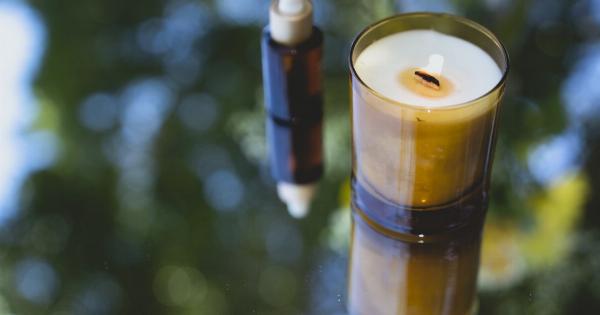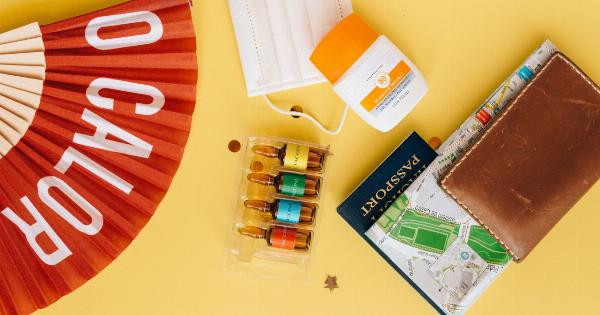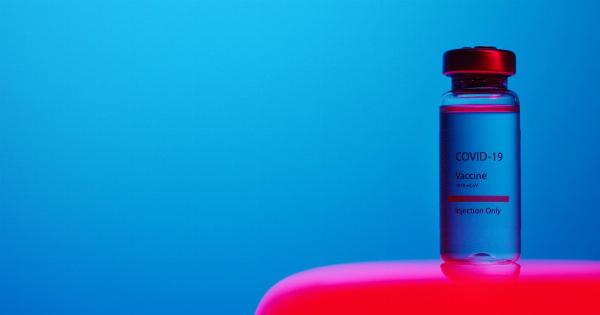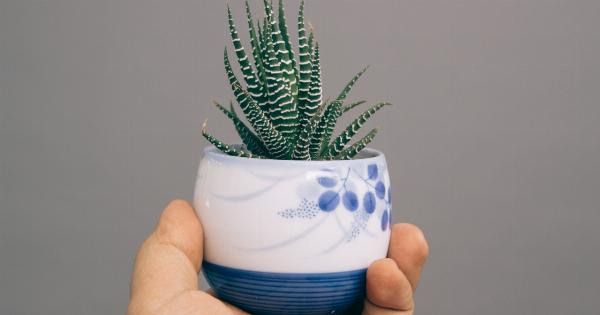Summertime is here, and along with it comes the warm rays of the sun. Although basking in the sun can be an enjoyable experience, it’s important to protect your skin from the harmful effects of excessive sun exposure.
Sunburn, a common consequence of spending too much time under the intense sun, can not only be painful but also increase the risk of skin damage and even skin cancer. So, what should you do if you find yourself burnt to a crisp? Read on to discover some effective remedies and precautions for sunburn.
1. Seek Shade
The first step in treating a sunburn is to get out of the sun immediately. Find a shady area, preferably indoors, or use an umbrella, hat, or clothing to shield your skin from further sun exposure.
This will help prevent the sunburn from worsening and give your skin a chance to recover.
2. Cool It Down
After removing yourself from the sun, it’s essential to cool down the affected area. Take a cool shower or bath, or apply cool, wet compresses to the sunburned skin.
Avoid using ice-cold water or ice directly on the burn, as it can damage the skin further. Cooling the skin helps relieve the pain and reduces inflammation.
3. Hydrate, Hydrate, Hydrate
Sunburn dehydrates your body, so it’s crucial to replenish lost fluids. Drink plenty of water and hydrating beverages like electrolyte-rich sports drinks to prevent dehydration.
Your body needs adequate hydration to aid in recovery and to help combat the drying effects of sunburn.
4. Moisturize with Aloe Vera
Aloe vera is a natural remedy widely known for its soothing properties. Apply a generous amount of aloe vera gel or lotion to your sunburned skin.
The coolness of the gel will instantly relieve discomfort, while the antioxidants and anti-inflammatory compounds in aloe vera help speed up the healing process.
5. Over-the-Counter Remedies
If the pain from sunburn persists, consider using over-the-counter remedies such as hydrocortisone cream or anesthetic gels containing lidocaine. These products can help reduce inflammation, itching, and pain associated with sunburn.
Always follow the instructions and consult a healthcare professional if needed.
6. Take Anti-Inflammatory Medications
If over-the-counter remedies aren’t providing enough relief, you can turn to nonsteroidal anti-inflammatory drugs (NSAIDs) such as ibuprofen or aspirin.
These medications help reduce pain and inflammation caused by sunburn, but it’s important to consult a pharmacist or healthcare provider for proper dosage guidance.
7. Stay Away from Irritants
While your skin is healing from sunburn, it’s crucial to avoid irritants that can further damage or inflame the affected area. Steer clear of harsh soaps, hot showers, tight clothing, and exfoliating products.
Opt for gentle cleansers and moisturizers specifically designed for sensitive or sunburned skin.
8. Don’t Pick or Peel
Although it might be tempting, resist the urge to peel or pick at your sunburned skin. Peeling is a natural part of the healing process, and forcibly removing the skin can lead to scarring and infection.
Allow the dead skin to shed naturally and keep the area moisturized to promote healing.
9. Protect with Sunscreen
Once your sunburn has healed, it’s vital to protect your skin from future damage. Apply sunscreen with at least SPF 30 or higher before heading outdoors, even on cloudy days. Reapply every two hours or more frequently if swimming or sweating.
Additionally, limit sun exposure during peak hours when the sun’s rays are strongest.
10. Prevention is Key
The best way to deal with sunburn is by preventing it in the first place. Protect your skin by wearing protective clothing, such as wide-brimmed hats and long-sleeved shirts, when spending time in the sun.
Don’t forget to wear sunglasses and seek shade whenever possible. Applying sunscreen regularly and generously will provide an additional layer of defense against harmful UV rays.



























